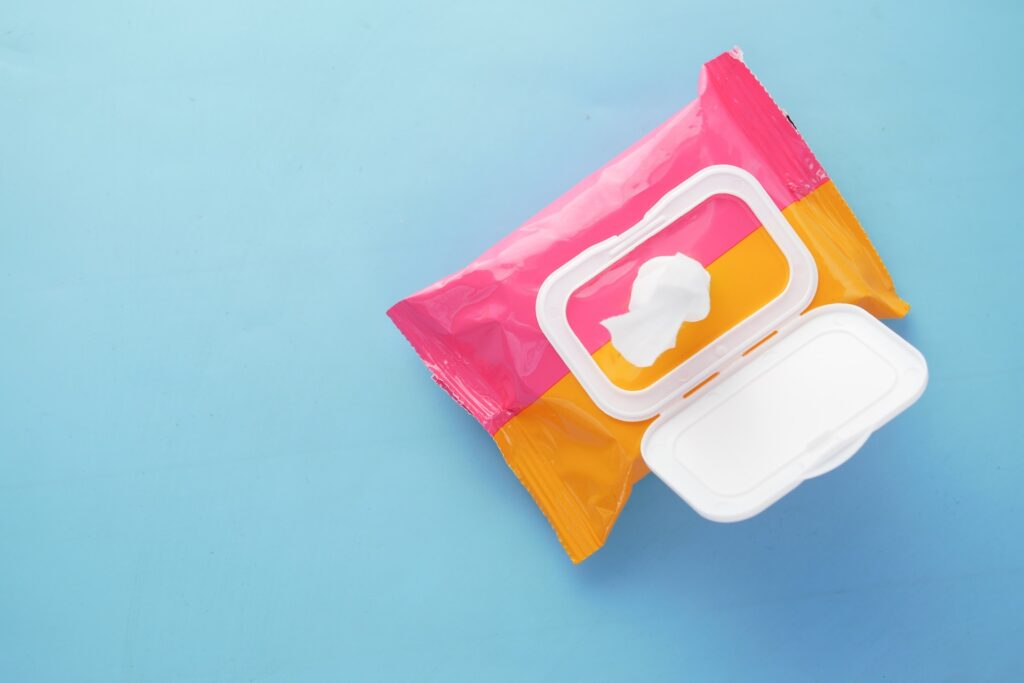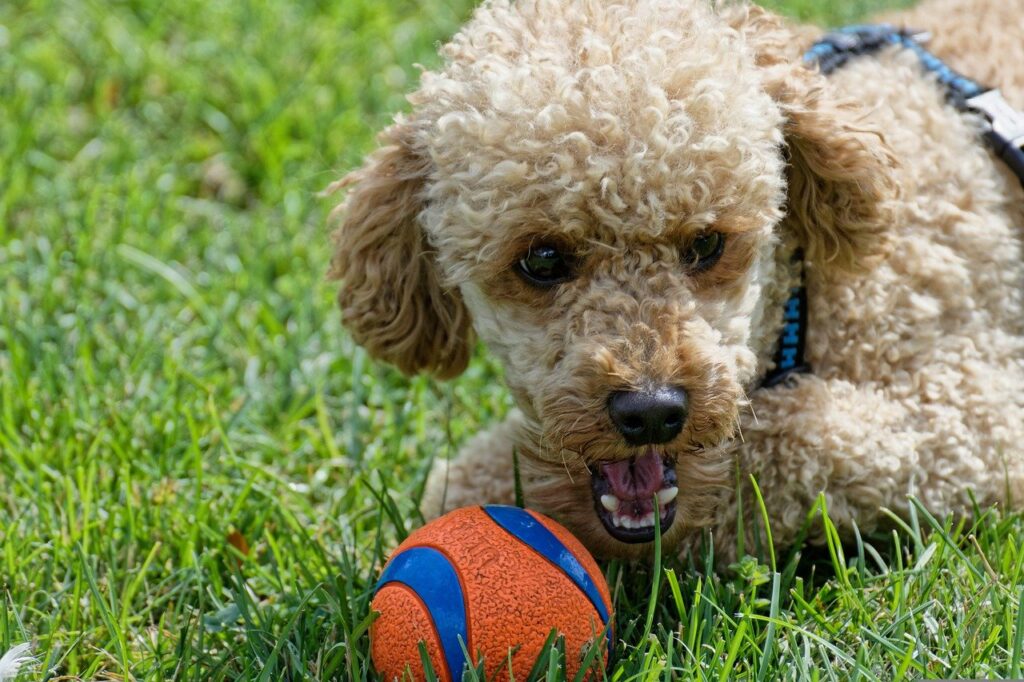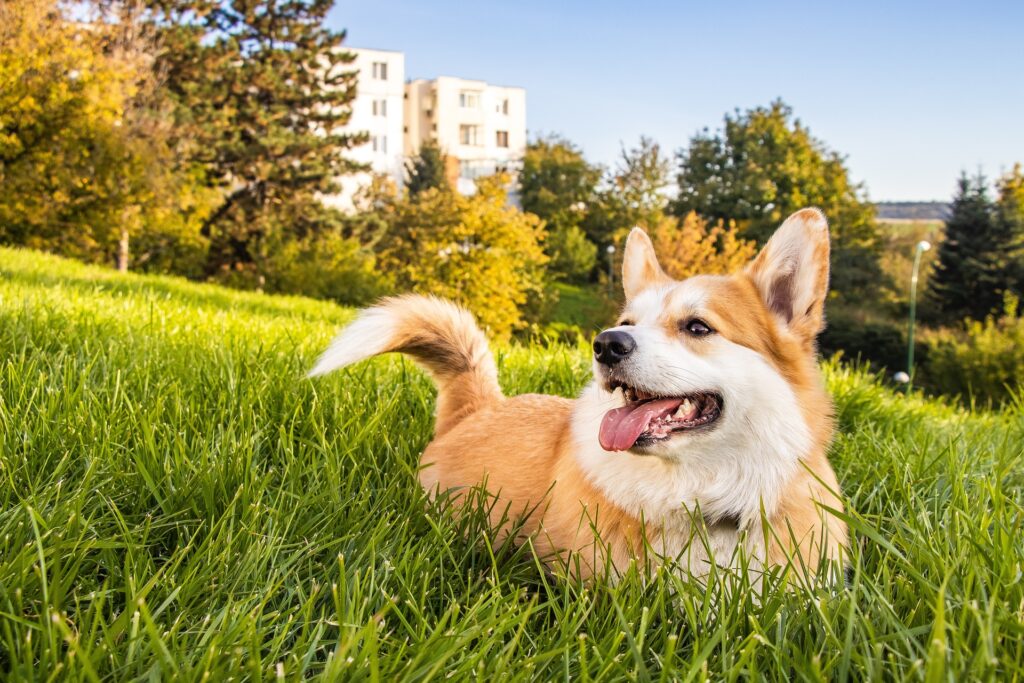The green tea called macha is used by many people around the world for its benefits. And some dog owners wonder if they can give it to their dogs. So can dogs have matcha or is it bad for them?
Matcha is safe for dogs in moderation. It contains antioxidants and can offer health benefits, but excess consumption can lead to caffeine-related issues. There are ways to include this ingredient in your dog’s diet.
- What is matcha and how is it traditionally used?
- What nutritional content does matcha offer for dogs?
- What are the negative effects of this tea on dogs?
- How much matcha can your dog eat?
- What are the step-by-step guidelines for introducing matcha to a dog’s diet?
What is matcha and how is it traditionally used?
Matcha is a finely ground powder of specially grown and processed green tea leaves, scientifically known as camellia sinensis. It originated in Japan and is primarily known for its use in the traditional Japanese tea ceremony. The leaves are shaded from the sun for several weeks before harvest, enhancing their chlorophyll content, and resulting in a vibrant green color.
What nutritional content does matcha offer for dogs?
There are a few great benefits of matcha for dogs that can be used if you know how to properly give it to your dog.
Immune boost
This tea is packed with antioxidants called catechins, which can help boost your dog’s overall health. Antioxidants help fight free radicals, potentially reducing the risk of chronic diseases, improving skin and coat health, and boosting the immune system in dogs. These are also known to decrease aging. “Our body use Oxygen and simultaneously produce free radicals. Free radicals damage the skin cells and cause the skin to wrinkle and lose elasticity. Antioxidants are molecules that help neutralize these free radicals.”, according to the Pacific College of Health and Science.
Preventing cancer and inflammation
There are beliefs that continuous intake of small amounts of this plant can prevent certain types of cancers. Cancers of the stomach and liver are commonly mentioned in this regard. The antioxidants have also shown some anti-inflammatory properties.
This tea is also known to have a calming effect. Scientists from the Kumamoto University proved this effect by doing a test:
| The “elevated plus maze” test is an elevated, plus-shaped, narrow platform with two walled arms that provide safety for the test subject, typically a mouse. It is used as an anxiety test for rodents with the idea that animals experiencing higher anxiety will spend more time in the safer walled-off areas. Using this test, researchers found that mouse anxiety was reduced after consuming Matcha powder or Matcha extract. |
Detoxifying effects and weight control
Giving matcha to dogs can benefit kidney and liver health by assisting in the removal of harmful toxins from the body. By doing so, it can also improve weight loss. The fact that it is lower in calories also helps because it can be used as a substitute for more caloric foods. The caffeine included also increases the dog’s metabolism. The high volume of fiber also helps dogs feel full longer.
Full of minerals
This tea contains minerals like potassium and magnesium. These minerals help regulate the dog’s metabolism and muscle function. The high levels of calcium and phosphorus also improve bone health. Besides these, it also contains small levels of zinc and iron that additionally aid in their health.
Skin and coat health
Dogs can suffer from skin problems and allergies, but pouring some matcha tea on the skin can help relieve itchiness. Make sure the tea is cooled and let it dry on the skin forming a protective coating. Adding it to its diet also helps with the symptoms. This tea also helps keep the coat healthy and shiny.
Additional benefits
Some people believe that using matcha tea for dogs helps reduce the smell of their poo and urine. It can also help with the dog’s dental health by improving symptoms of cavities and gum disease. If your dog has ear mites and is scratching its ears, you can use this tea to clean its ears and flush out the mites.
What are the negative effects of this tea on dogs?
Even though it can be beneficial in small portions, it can also cause some serious problems in dogs.
Caffeine intoxication
Everyone loves coffee due to the energy it provides, but dogs can not take it very well. In fact, this ingredient is considered toxic for dogs if ingested excessively. It can lead to distress in the dog’s cardiovascular system. This will lead to restlessness, increased heart rate, palpitations, and severe hypertension.
Digestive problems
Matcha and dogs may also result in them developing some stomach problems. Symptoms like vomiting and diarrhea can happen. You might see your dog holding its mouth slightly open as it is about to vomit. But this mostly depends on the type of matcha you use for your dog. Some products also contain sweeteners that can cause additional problems for dogs.
Dental issues
Green tea may contain small amounts of tannins. These are known to stain dog teeth. “In fact, tannins are one of the main factors responsible for tooth stains because they help chromogens better stick to enamel.”, according to Dublin Corners Dental.
It also contains fluoride that ingested excessively can lead to tooth and bone problems. The acidic nature of match also contributes to erosion of the enamel of teeth. This will lead to cavities.
How much matcha can your dog eat?
The toxic dose of caffeine for dogs varies by size and breed, but it’s generally around 100 milligrams per 2.2 pounds of body weight. Typical servings contain around 25-30 milligrams per teaspoon.
Matcha is safe for dogs in small portions, so if you do decide to give it to your dog, start at around ⅛ of a teaspoon per day. See how your dog reacts, then consider increasing the amount if applicable.
If this doesn’t work for your dog, there are other dog supplements you can try out. For example, giving valerian root to dogs will help calm them. Instead of using green tea for dogs, you can try some other best teas for dogs like chamomile, ginger, echinacea, and peppermint tea.
What are the step-by-step guidelines for introducing matcha to a dog’s diet?
Always consult your veterinarian before adding any new food to your dog’s diet. They will give you all the needed information about the food while suggesting ways to introduce it.
Whenever you decide to give it to your dog, start small and progress from there. Make sure you buy high-quality powder free of additives or sweeteners. Instead of giving it pure, try mixing a pinch of it with your dog’s regular food. You can also try making your own homemade treats with matcha. Your dog might also enjoy tea, however, make sure it’s cooled so it doesn’t burn its mouth. Note any signs and symptoms that appear and act accordingly.
Can dogs have matcha? – Final thoughts
Matcha is a healthy green tea leaf that is made in powder and served in different ways. It has many benefits for pet nutrition that make some people want to give it to their dogs. It can improve the dog’s immunity, help with detoxification and weight control, as well as prevent cancer and inflammation.
However, dogs are not advised to eat a lot of it. While moderate amounts can beneficial, high amounts can cause some damage to dogs. Caffeine intoxication, and dental, and digestive issues are common problems dogs face when ingesting this plant. That is why you need to know how to properly prepare it before you offer it to your pup.
FAQ
Can dogs eat matcha ice cream?
No, you can not. Even though a bite or two is fine, ice cream is really bad for dogs due to the high sugar and calorie amount. Also, dogs can not eat ice cream cones for many reasons.
Can dogs eat matcha cookies?
Avoid giving any kind of cookies to dogs. They have high concentrations of sugar which can be bad for dogs. These snacks also contain chocolate which is toxic to dogs. But you can try making some healthier matcha dog treats at home.
When is the best time to give dogs matcha?
Considering the fact that this plant contains caffeine, it would be best to give it in the morning. This way, you will have time to deal with its stimulating effects and take the dog for a walk after feeding.
Is matcha safe for puppies?
Do not give this tea to your pup. Older dogs can have matcha, but puppies are not fully developed to process the caffeine. In fact, they need much smaller amounts to get intoxicated.
More dog nutrition resources
Here are a few other resources talking about giving certain foods to dogs and the effect they have on their health.
- Can dogs have ritz crackers
- Can dogs eat seasoned chicken
- How to cook chicken hearts for dogs
- Dog ate uncooked rice
- Can dogs eat vegetable soup
You can find a lot more information on the types of food you can feed your dog on our site Dogisa!
What To Do If Your Dog Ate A Baby Wipe: Advice And Solutions
Dogs like to chew on things and sometimes they will get their chompers on something…
Do Poodles Pick A Favorite Person? – How To Be The Favorite
Poodles are loving and intelligent dogs that will fit in perfectly with your family. And…
Do Poodles Bite? – Reasons For Biting And How To Control It
Poodles are a cute dog breed that is very popular among dog owners. People usually…
Why do Dog Leave Odorless Wet Spots? And how to treat them
It is not uncommon for dog owners to notice that their dog leave odorless wet…
Why Does My Dog Only Have Diarrhea At Night? [How To Help]
Diarrhea is not an uncommon thing and most dogs will suffer from it at least…
A Complete Guide To The Corgi Heat Cycle [+ Tips]
Going into heat is what we refer to when we talk about periods in dogs….








